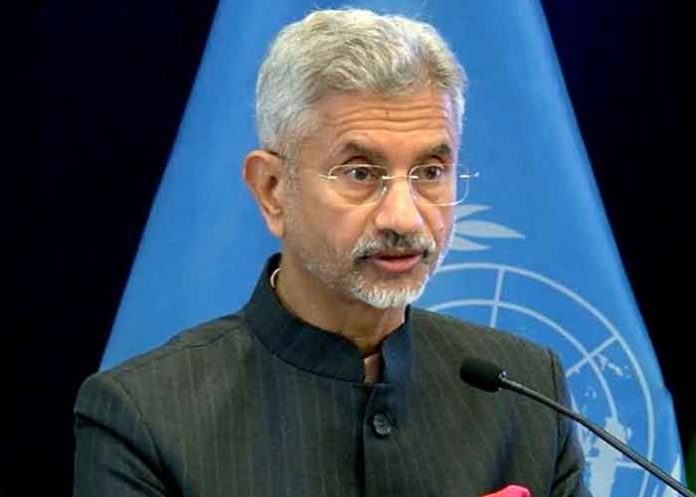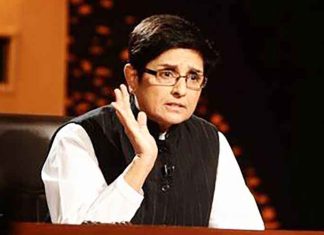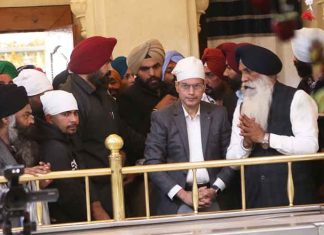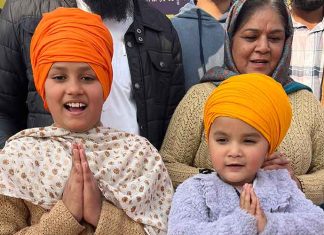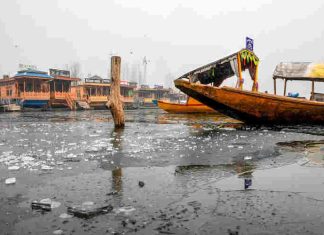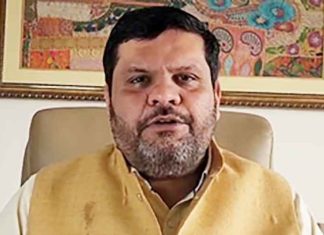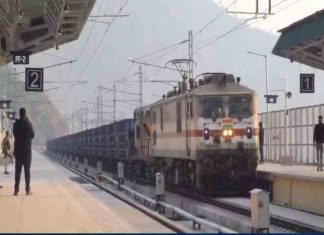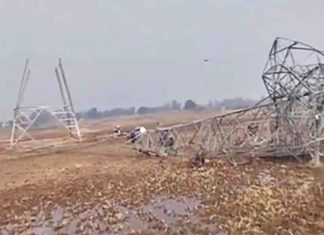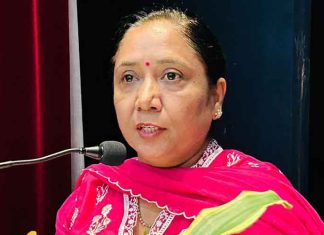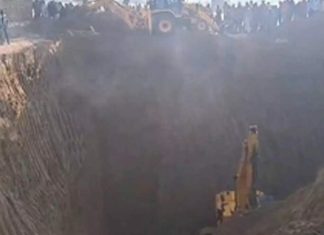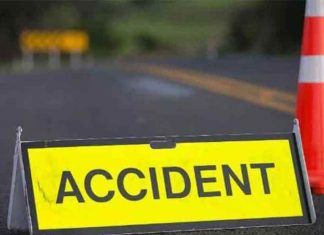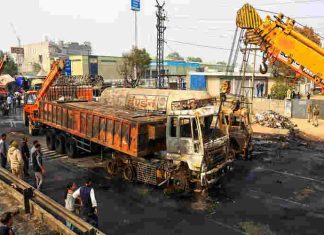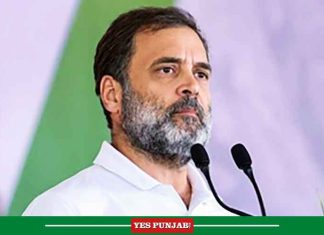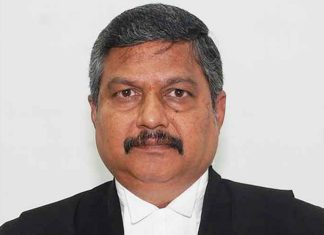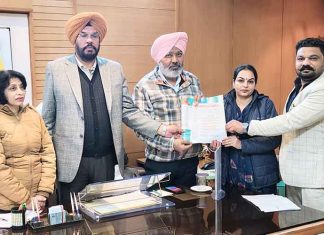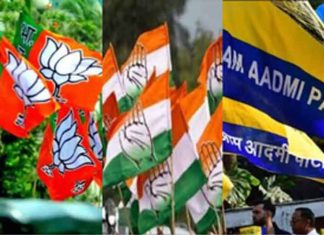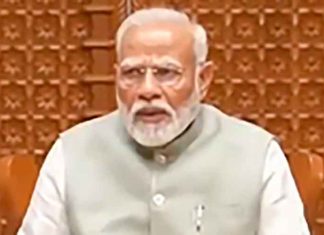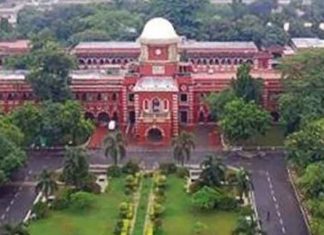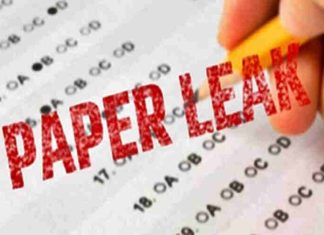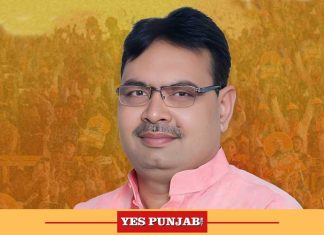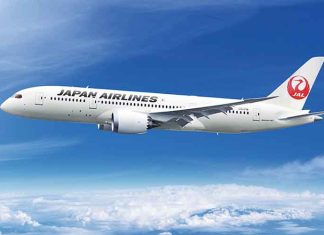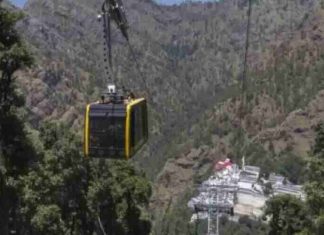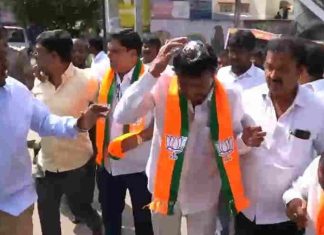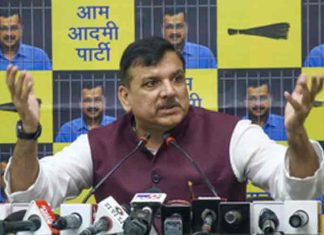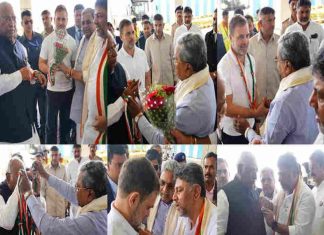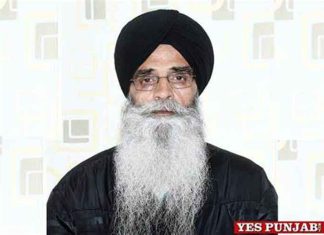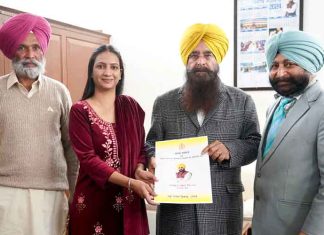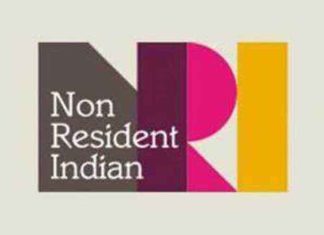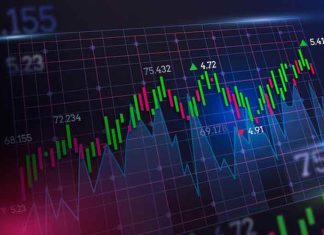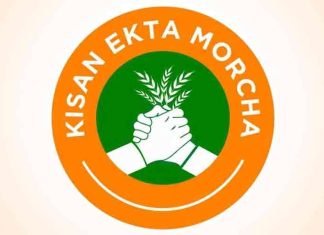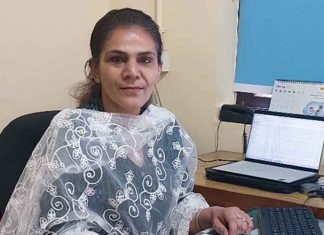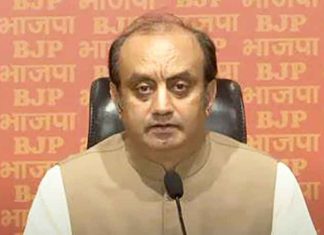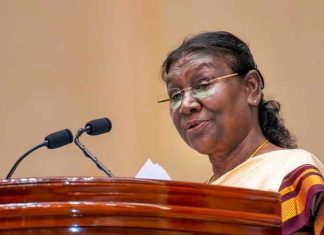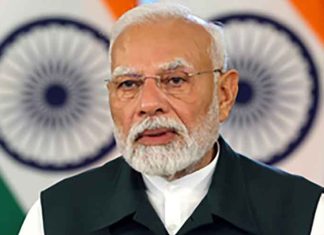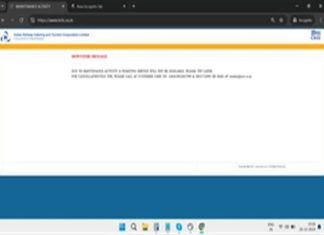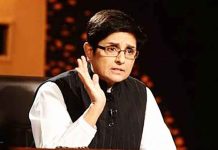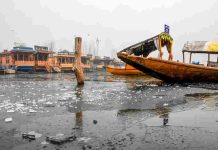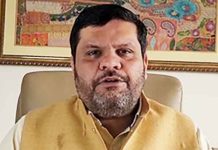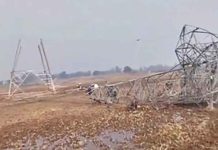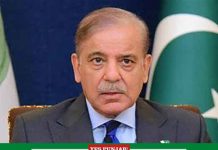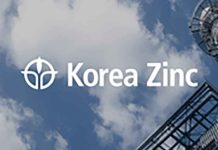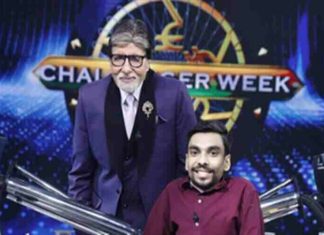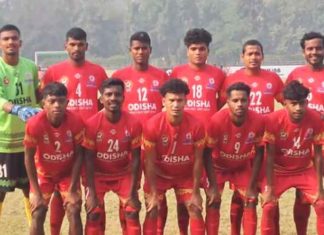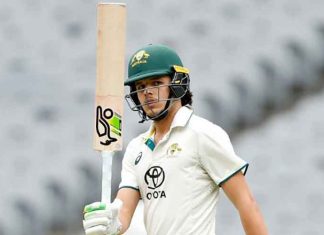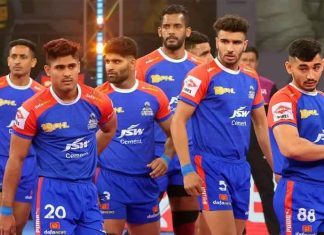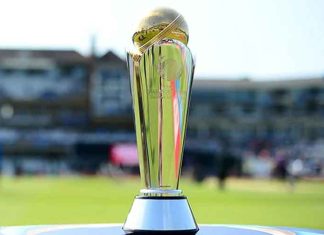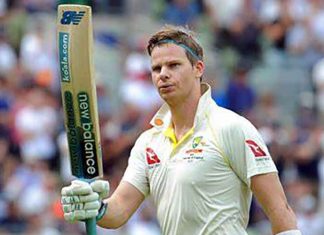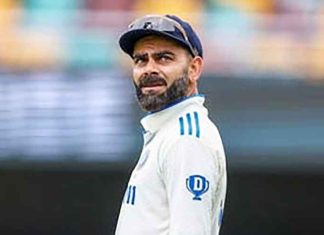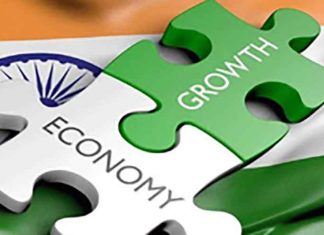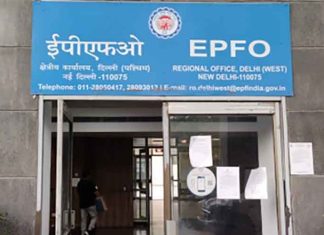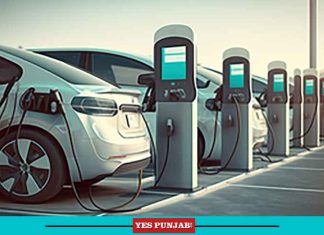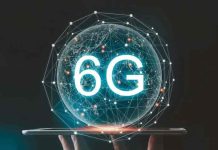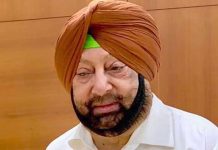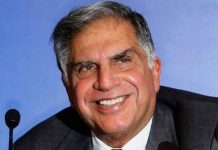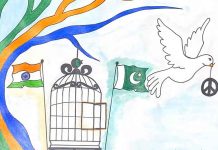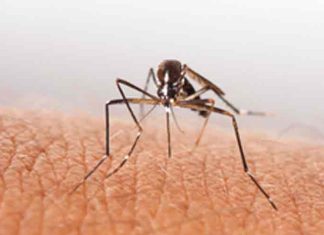Tokyo, July 29, 2024
Asserting that these are “challenging times”, External Affairs Minister (EAM) S. Jaishankar on Monday said that the Quad grouping of India, Australia, Japan and the United States is not a “talk shop”, but a platform that generates “practical outcomes”.
From STEM fellowships to off-grid solar projects, the EAM highlighted various initiatives to showcase how “deeply and systemically”, Quad has now got embedded in the foreign policies of the four countries.
“This is not a talk shop, but a platform that generates practical outcomes. For example, our HADR conversations are reflected in understandings and SOPs between our navies. The Indo-Pacific Maritime domain is our initiative that came out of port, today links our information fusion centres,” remarked Jaishankar after a meeting of the Quad Foreign Ministers in Tokyo on Monday.
In the past, Beijing has labelled Quad as an “exclusive clique against China”, but the EAM, while making five points on the progress of the grouping, spoke in detail about how things are expanding and moving forward.
“The open RAN network that we have spoken about so much is being deployed in Palau. A space-based climate warning system will be launched soon in Mauritius.
Off-grid solar projects are actually happening in Indo-Pacific islands. During Covid, we cooperated to deliver vaccines to countries in this region, and the first cohort of Quad STEM fellowships is passing out and the second one will also cover the ASEAN,” he said.
The EAM’s remarks were made in the presence of the Australian Foreign Minister Penny Wong, US Secretary of State Antony Blinken and Japanese Foreign Minister Kamikawa Yoko after the eighth meeting of the Quad foreign ministers that focused on continuing initiatives and deliverable outcomes.
“Do appreciate what an expansive agenda we have built up in the last few years.
Think about it. We are working from trusted telecom technology and undersea cable connectivity, you just heard Minister Wong talk about it, to humanitarian and disaster relief, Minister Kamikawa spoke about that, critical emerging technologies, cyber and health security, climate action, infrastructure, capacity building and training, STEM education, maritime domain awareness and counterterrorism,” commented Jaishankar.
Having 16 working groups already, he made it clear that all four countries are looking at how to advance Quad and coordinate more closely.
“The overall messaging is that our four countries, all democratic polities, pluralistic societies and market economies, are working together for a free and open Indo-Pacific, for a rules-based order and for global good. That by itself is a powerful stabilising factor in an uncertain and volatile world,” the EAM said.
With the leaders of all four member countries personally leading the Quad’s growth, Jaishankar also underscored the “strong interactive dynamic” between the grouping and respective bilateral and trilateral relationships.
“These are challenging times. Whether it is stability and security, or progress and prosperity, good things don’t happen by themselves. They need trusted partners. They need international cooperation. The Quad is a great contemporary example of both,” he concluded.(Agency)




